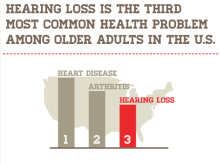Can a sudden shift in the weather trigger certain illnesses? Absolutely. In fact, climate change is one of the environmental risk factors most doctors consider when assessing their patients for certain conditions.

Recently Channel 4 in Detroit did a news story of what illnesses are going around in metro Detroit counties: What’s Going Around: viral illnesses, pneumonia, upper respiratory infections, asthma & allergies
Changes in weather can challenge our immune system and musculoskeletal system because our bodies get used to a certain climate, and when those things change suddenly, our body has to try to adapt. Unfortunately, sometimes our bodies have a difficult time adjusting, which can trigger an illness.
Here are six health conditions that a sudden change in the weather can trigger:
1. Infections and illnesses of the upper respiratory tract
Not dressing for the weather, whether it be too many layers or not enough, can affect the body's immune response and possibly trigger an upper respiratory infection.
When temperatures are fluctuating, doctors recommend dressing in light layers to add or shed depending on the weather.
2. Chronic sinus and throat issues
Heating and air systems struggle to keep up with fluctuating temperatures, and rapidly alternating heating and cooling systems can dehumidify air.
Dehumidified air filled with pollen, dust, mold and mildew is a perfect storm for severe and chronic sinus and throat issues. So it’s important to change heating and air filters every six months.
A humidifier can also help to add moisture to the air.
3. Seasonal asthma and bronchitis triggered by cold air
Cold air can trigger seasonal asthma or bronchitis. People who have these conditions should be prepared to use an inhaler seasonally to avoid severe and chronic coughing episodes.
There is a physiological response to cold air that can cause your airways to close down and tighten up if you have asthma, which can be dangerous if not treated.
4. Seasonal allergies from pollen
Plants get just as confused as people do with the changing weather patterns, which means flowers bloom early and release pollen, which can aggravate people with seasonal allergies.
5. Cold and flu outbreaks
As the weather temporarily improves, it is common for families, co-workers, and school children to gather for group activities. If one person is sick with a cold or the flu, you may see a minor “outbreak” of illness following those gatherings.
Doctors say hand hygiene and cleaning shared spaces can help control the spread of infections.
These foods can help you recover from the flu: What to Eat and Avoid to Recover From the Flu.
6. Muscle and joint injuries
When the weather warms up, people are eager to head outdoors. But being extremely active on muscles and joints that have been hibernating during the cold winter months can lead to injuries.
A good rule to remember before jumping into those fun physical activities is to start low and go slow, at least initially.


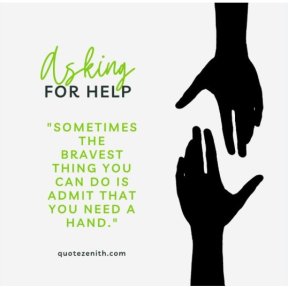

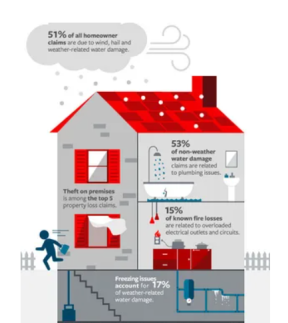


 home computer as
home computer as 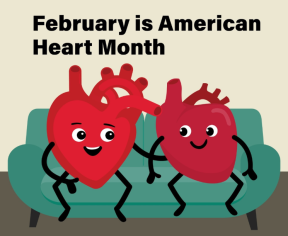

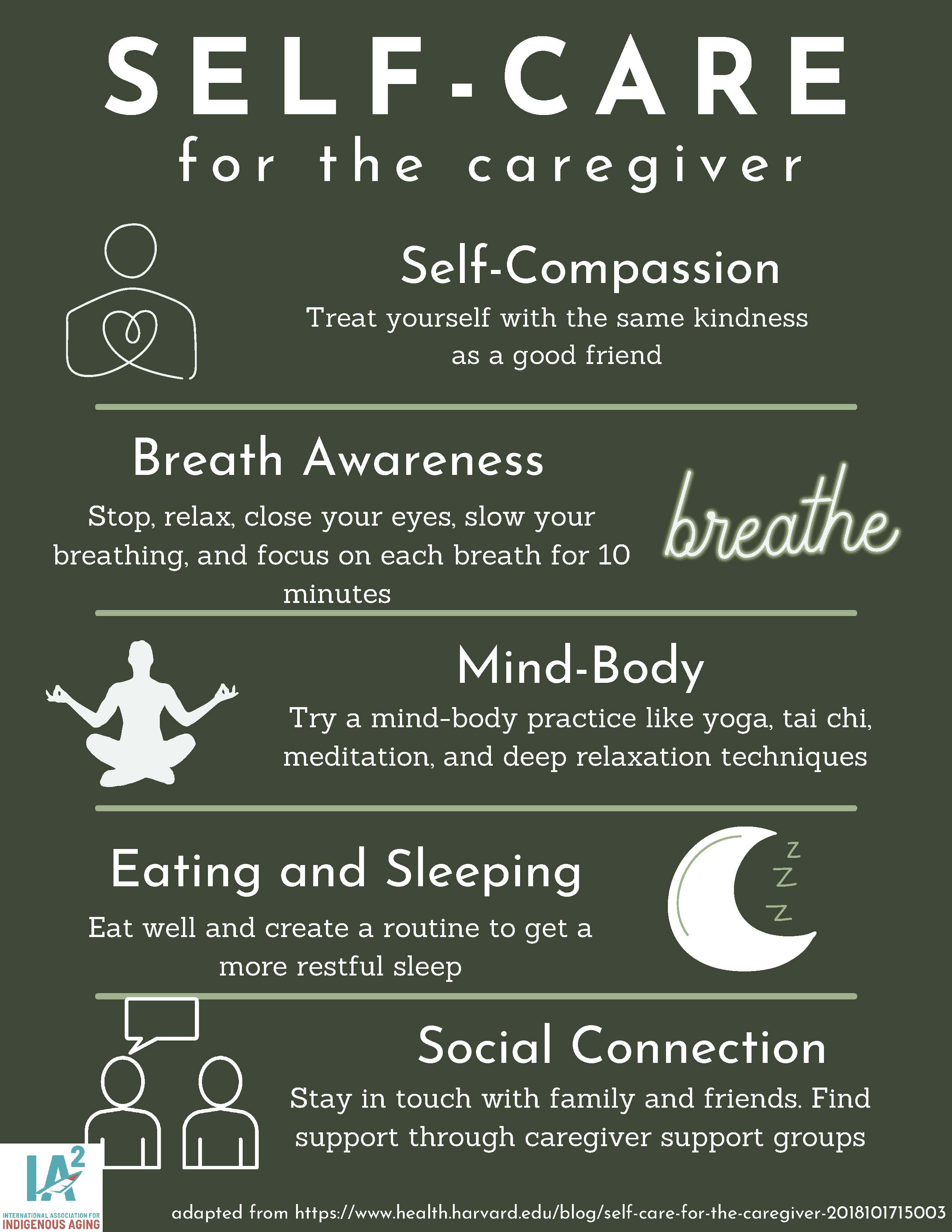
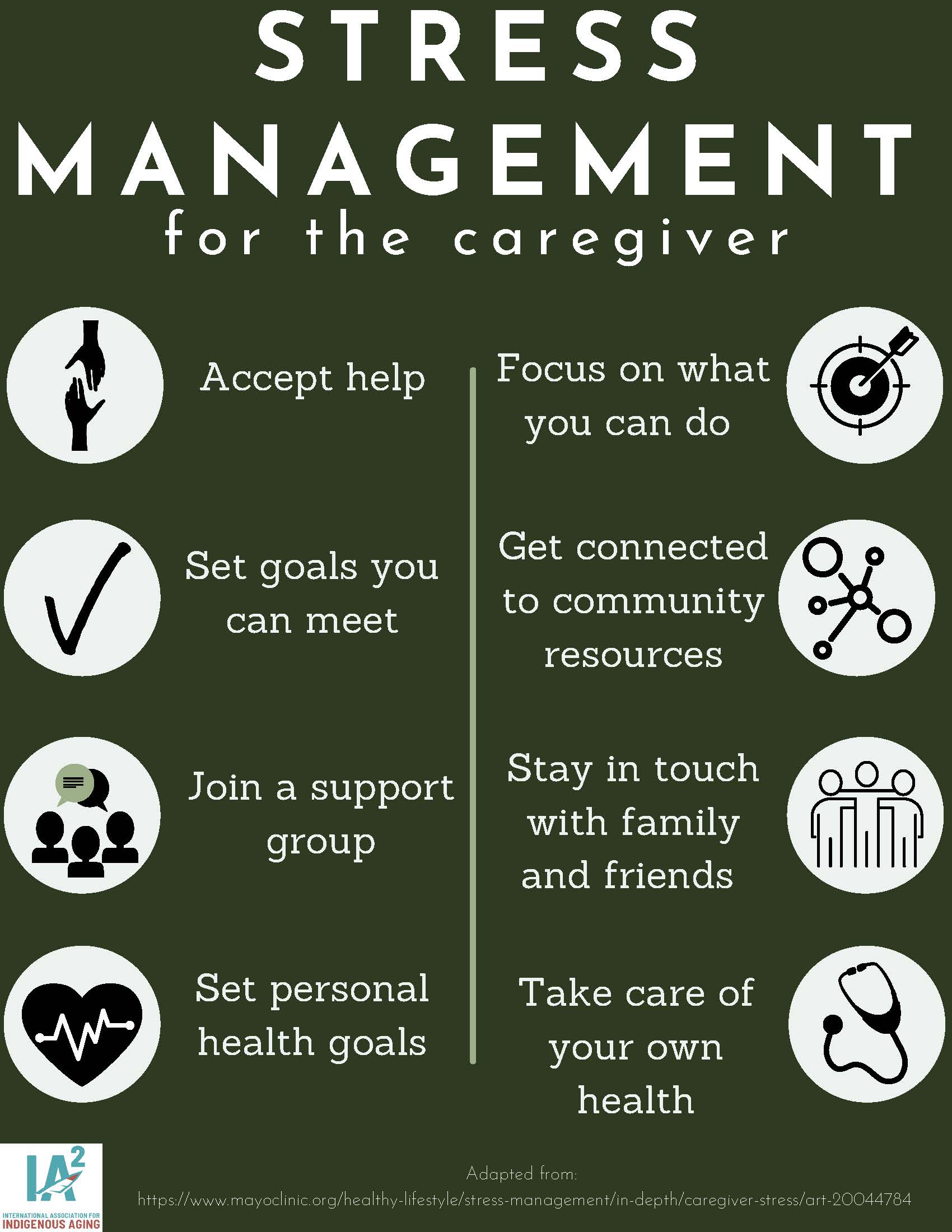
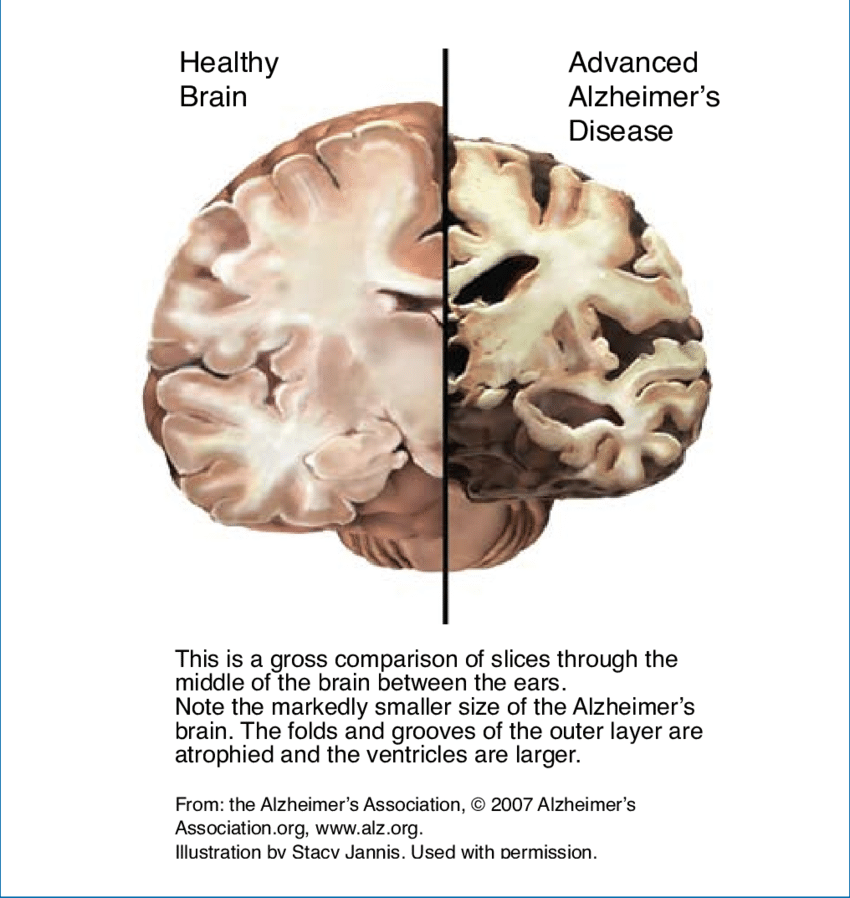
.png)

